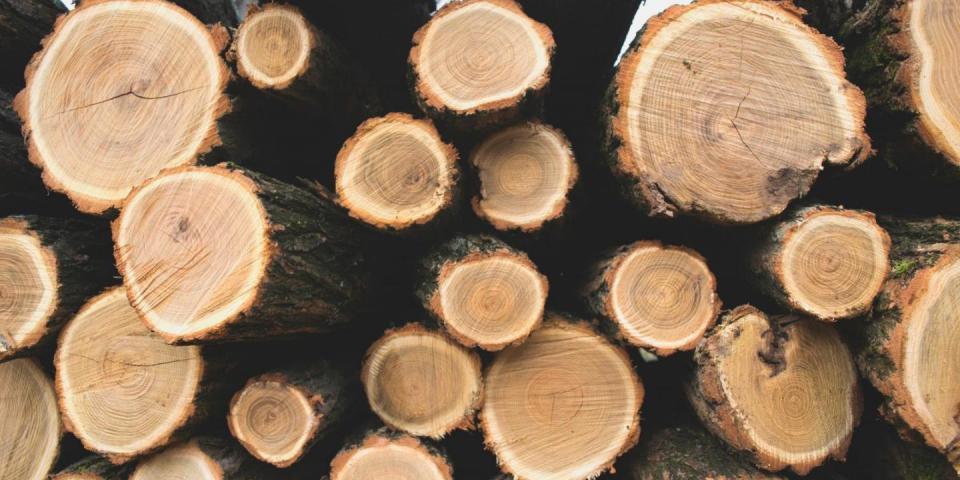
119 organisationer Klimavenlig bioenergi er vildfarelse
Beskyttelse og genoprettelse af skove er en klimaløsning, afbrænding af træmasse er ikke. NOAH har sammen med 118 andre organisationer fra 30 lande skrevet en fælles erklæring. Læs den nedenfor.
We share a vision of a world in which thriving natural forests play a significant role in tackling climate change and contribute to a clean, healthy, just and sustainable future for all life on earth. Burning forest wood for large-scale energy production cannot be part of that future for all of the reasons outlined below. Instead we must protect and restore natural forests, thereby reducing emissions and removing atmospheric carbon dioxide while supporting biodiversity, resilience and well-being.
Large-scale burning of forest biomass for energy:
Harms the climate
It is encouraged by flawed accounting – Current carbon accounting rules incentivise forest bioenergy by considering biomass combustion as a zero-emission technology, expressed as zero emissions in the energy sector. The assumption is that all emissions are instead to be accounted for when the biomass is logged, placing the burden on the forest producer rather than the biomass consumer. Yet emissions accounting of forests in the land sector is fatally flawed and generally understates emissions. The true carbon cost of biomass burning rarely appears accurately on any country’s balance sheet.
Harms forests
It threatens biodiversity and climate resilience – Using forest biomass for energy can entrench, intensify and expand logging. This degrades forest ecosystems, depletes biodiversity and soils and harms forests’ ability to deliver ecosystem services like clean drinking water, flood protection, and clean air. Conversion of forests and other ecosystems to industrial monoculture tree plantations for biomass is especially harmful. These increased impacts come at a time when we recognise that rights-based protection and ecological restoration improve the health and well-being of forests and make them more resilient to climate change and other environmental disturbances.
It undermines the climate mitigation potential of forests – To meet the Paris Agreement goal of pursuing efforts to limit global warming to 1.5 degrees, scientists now agree we will need to draw carbon dioxide out of the atmosphere. A safe and proven way to do this is to protect and restore natural forests. Logging for biomass does the opposite.
Harms people
It undermines community rights and interests – Demand for biomass can exacerbate conflicts over land and forest resources, including land grabbing. This threatens rights, interests, lives, livelihoods and cultural values of indigenous and tribal peoples and local communities as well as established businesses relying on forest resources. The wide-ranging negative effects can also impact food security for the wider populace and for the long term.
It harms human health and well-being – Forests play an important role in safeguarding communities from the worst impacts of climate change. Those living at the front-lines of forest destruction are often most vulnerable to the effects of climate change and also face oppressive extractive industries. In addition, biomass manufacturing and combustion facilities are often located in areas of socio-economic disadvantage, where they pollute the air, increasing incidents of respiratory and other diseases. Local quality of life is affected.
Harms the clean energy transition
It provides a life-line for burning coal for energy production – Co-firing forest biomass with coal extends the life of coal power stations at a time when we need to move beyond emissive, industrial scale burning.
It pulls investment away from other renewables – Biomass undermines less emissive renewable energy solutions because it competes for the same government incentives. Unlike investment in low emission technologies, such as wind and solar, biomass energy entails ongoing feedstock costs and relies on continuous subsidies.
We, the undersigned organisations, believe that we must move beyond burning forest biomass to effectively address climate change. We call on governments, financiers, companies and civil society to avoid expansion of the forest biomass based energy industry and move away from its use. Subsidies for forest biomass energy must be eliminated. Protecting and restoring the world’s forests is a climate change solution, burning them is not.

